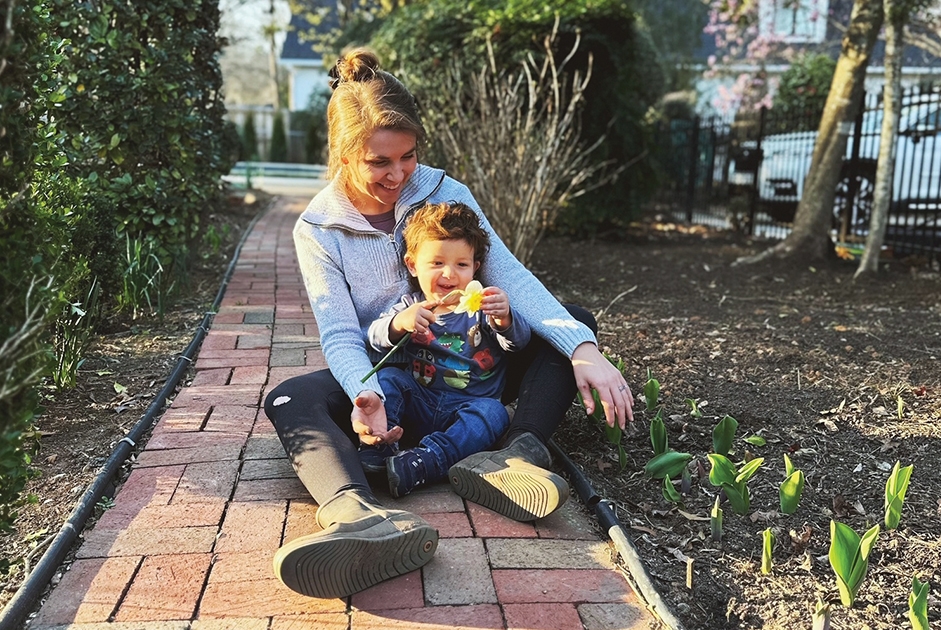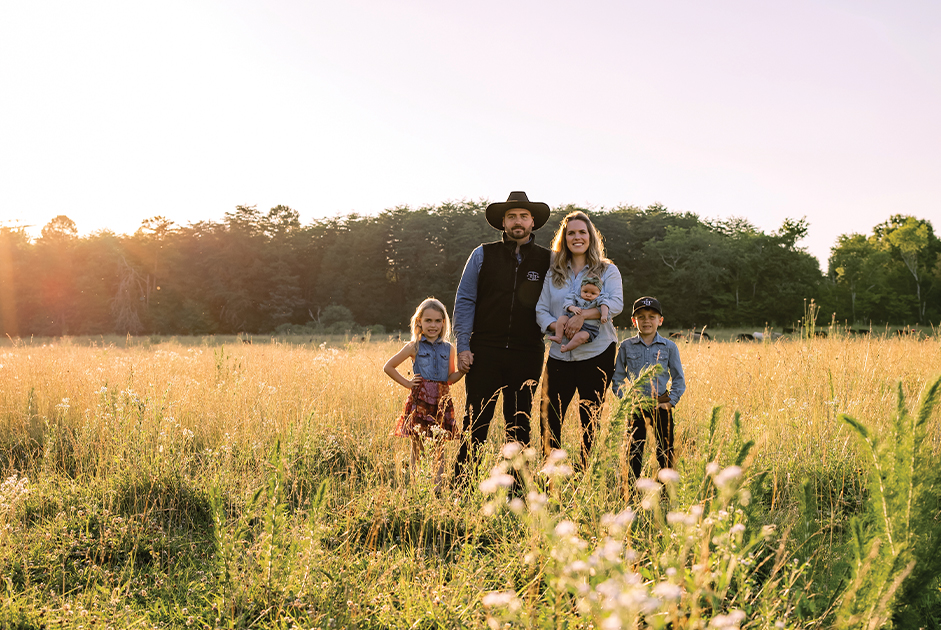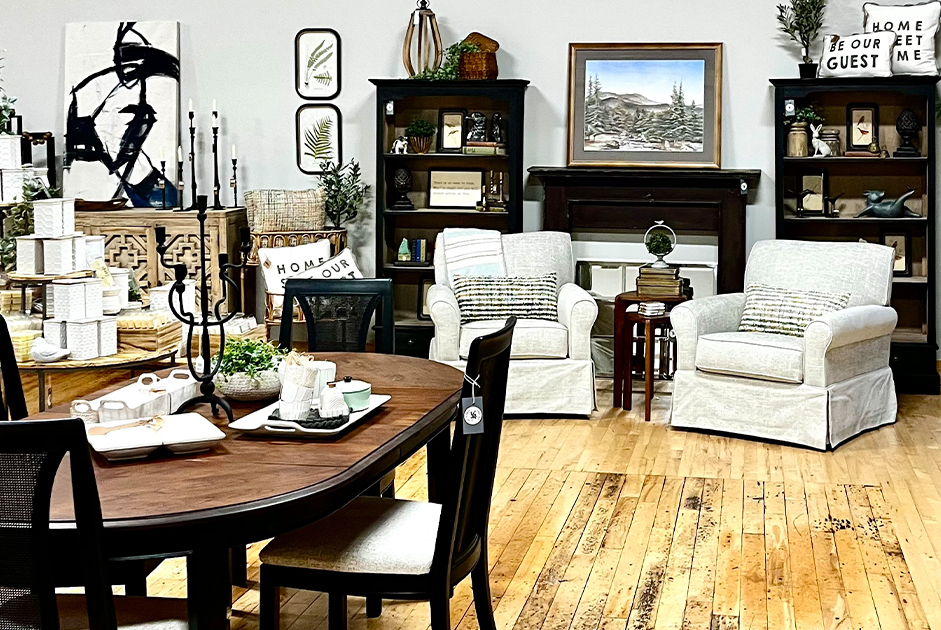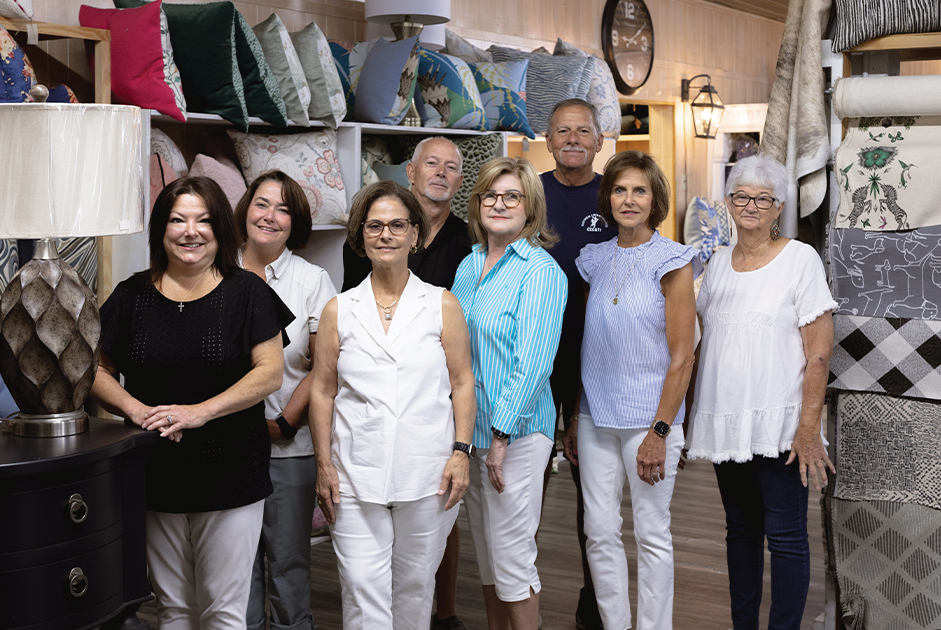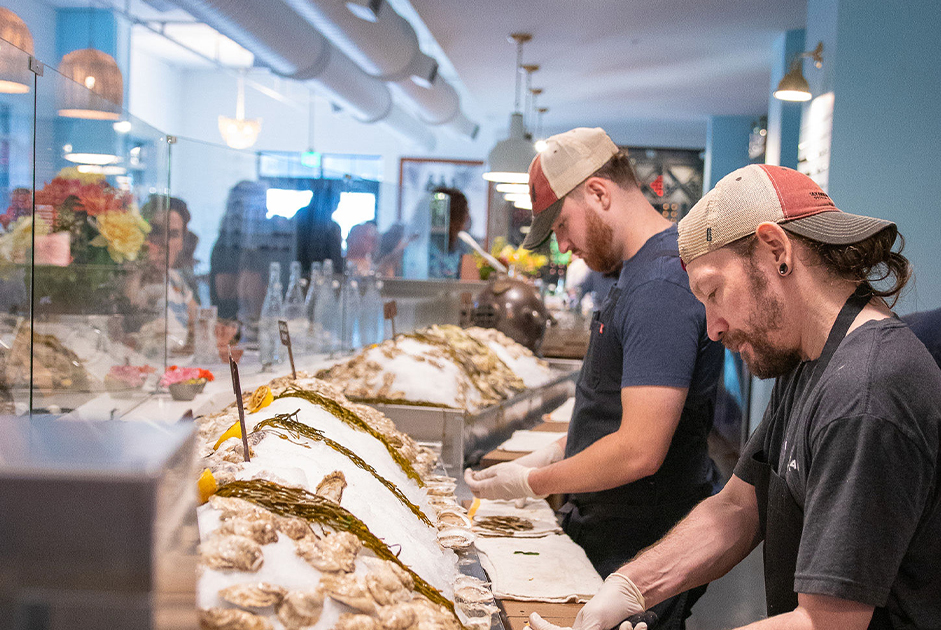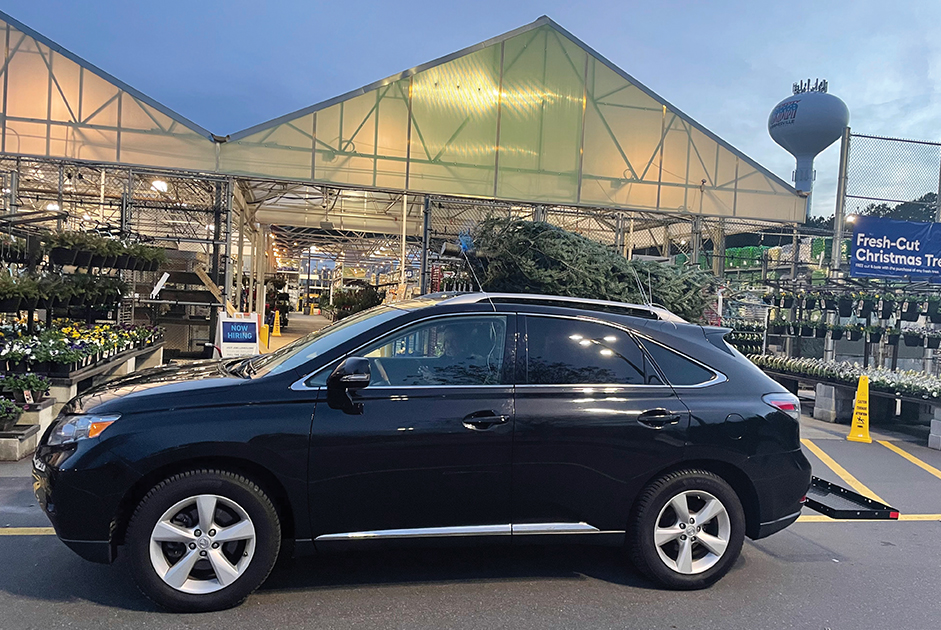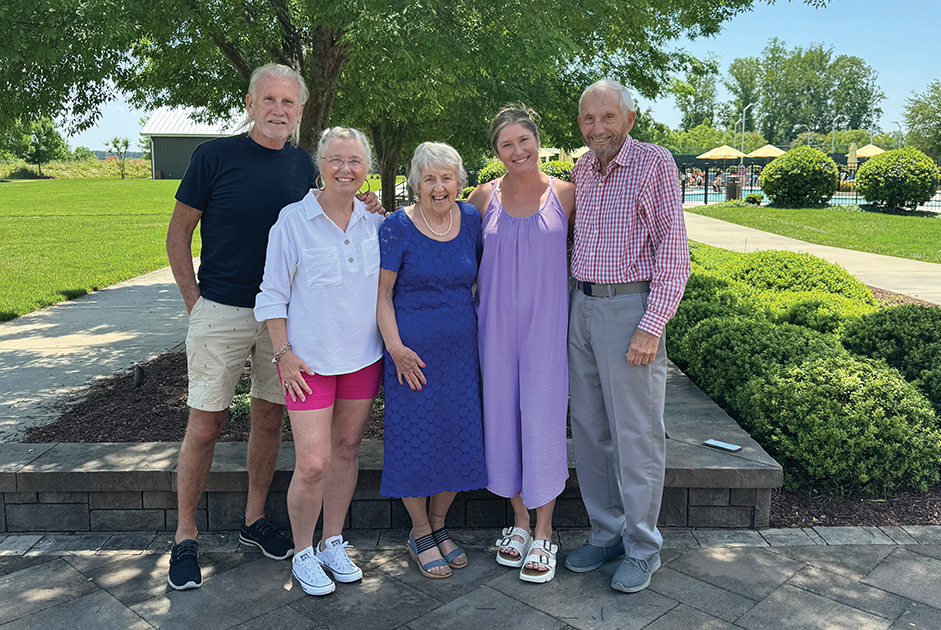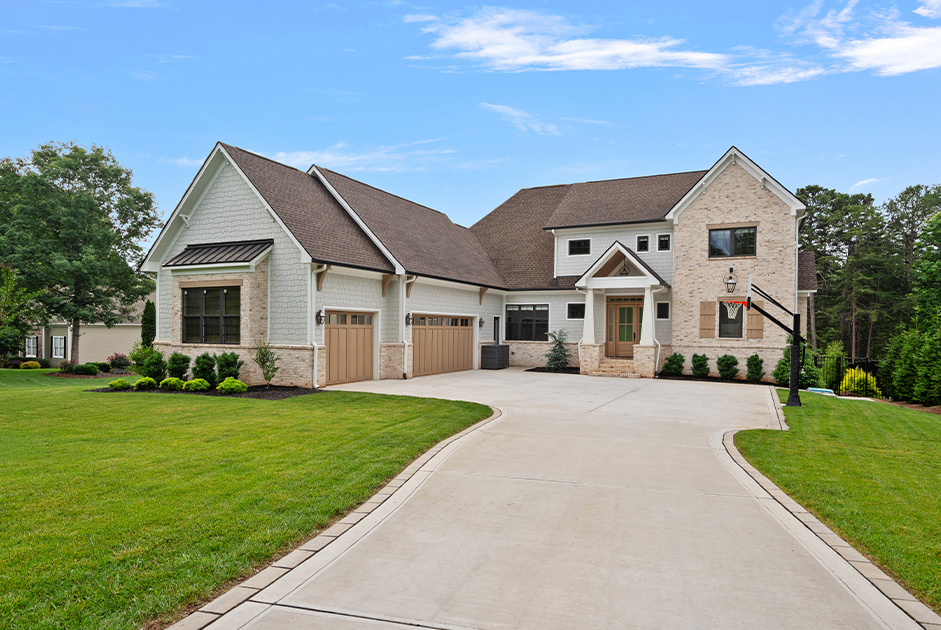BY IVEY GASKIN BAKER
After grinding down a stump, mulching leaves and tilling in new soil, we now have a large 25 X 25 foot flower bed in our front yard. My friends and neighbors are very curious about what I’m up to.
I tell them, “I’m just playing in the dirt.”
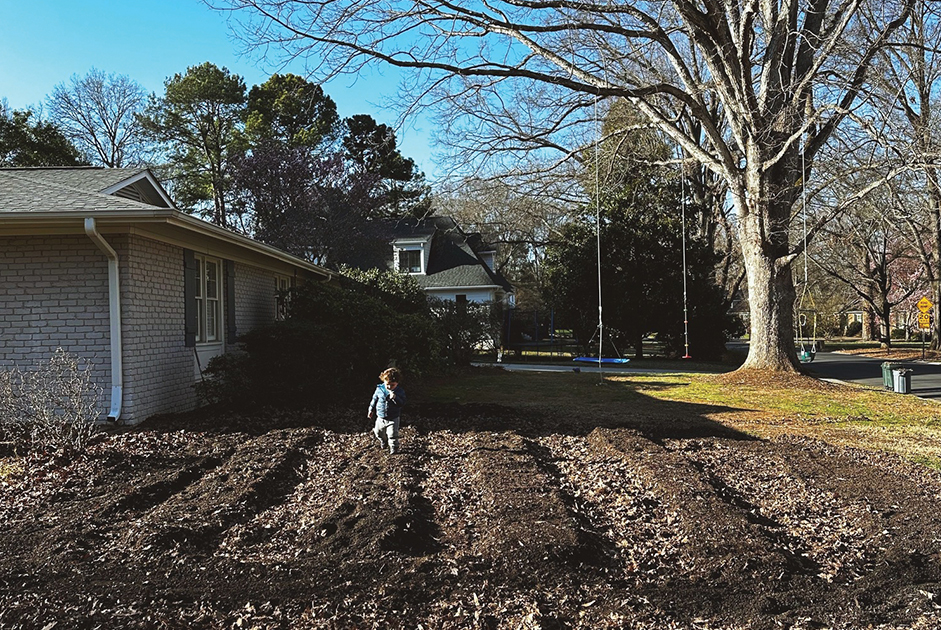
Most of us know that exercise is good for us. Our bodies experience a sense of euphoria from the release of feel-good brain chemicals (endorphins) during physical activity. Exercise consumes our thoughts while we’re in it, taking our attention away from our worries or stressors. We gain confidence and a sense of accomplishment when we get our hearts pumping. Moving dirt is a messy, hard physical task most people wouldn’t want to do. I was curious why dirt was making me so happy.
There is some very interesting research done over decades by Dr. Chris Lowry, integrative physiology, psychology and neuroscience professor at University of Colorado Boulder. His research suggests that there are microorganisms and bacteria in healthy dirt that have positive impacts on immunity but also, even more surprisingly, positive impacts on mental health. Simply put, a rural life around animals is not only better for your immune system than a pet-free, sterile urban life, but it may also lower your risk of mental illness. Why? Those microbes in healthy soil are believed to increase serotonin production, the hormone that controls mood and is believed to play a role in depression. According to Lowry, being close to dirt, you are breathing in nature’s medicine that makes you feel relaxed and happy. On a bigger, more obvious level, growing food and visually stimulating flowers brings joy.
Today, monocrop agriculture is depleting the nutrients from our soil, food prices are at all-time highs and reported depression and anxiety are at unsustainable levels. It’s a problem, but one problem is the solution for another, if you think long enough. Electing to grow some of our own lettuce, tomatoes and cucumbers, we can actually improve soil sustainability by taking ownership in producing just a little for ourselves. Thanks to innovators with lettuce on the mind, there are new companies making gardening accessible for urban dwellers and those without access to plots of land. Further, we personally benefit. Being connected to the physical earth, caring for life and seeing our efforts grow something feels good. For our children’s psychological development, for stressed parents needing a dirty escape, for anyone feeling lonely and craving a sense of connection or purpose, the dirt is calling.
The last frost date is rapidly approaching in early April. A dozen seed trays are inside under what the kids call “bug lights.” Ranunculus corms are in the ground. Tulips are blooming and lettuces are popping up in the raised beds. Rose bare roots are here. Strawberry roots and dahlia tubers are arriving within days. It’s all very exciting, and it feels like a cross between birthday magic and the nervous energy I get before a half marathon. Preparation has been a steady but kind of slow build. We’re about to get very busy.
